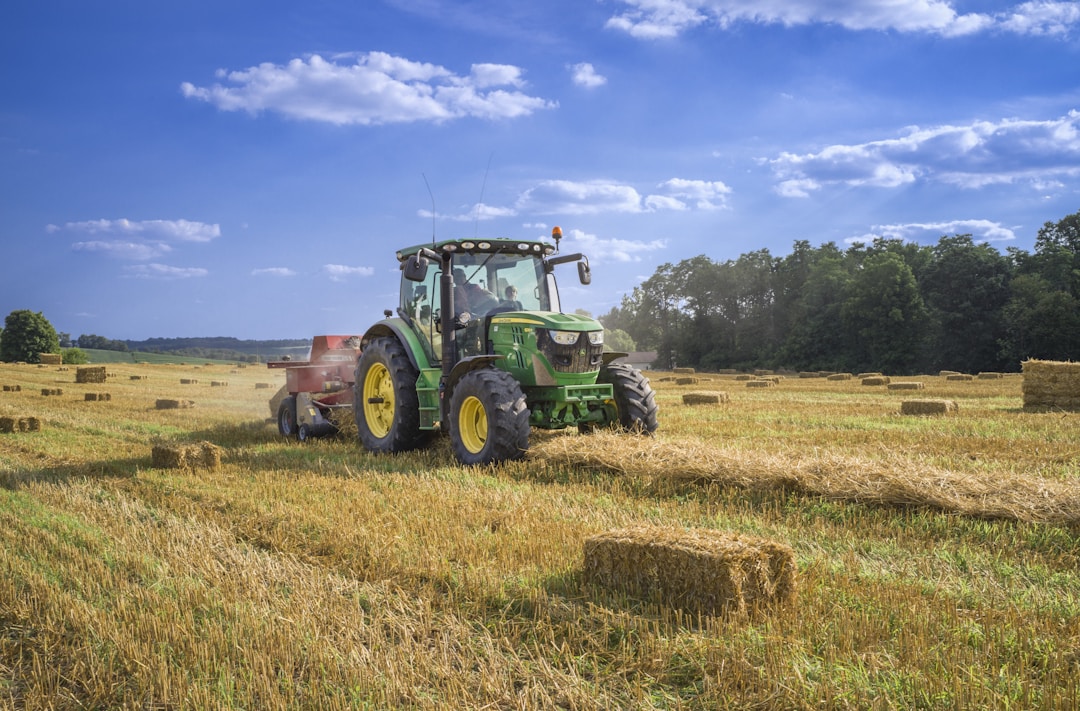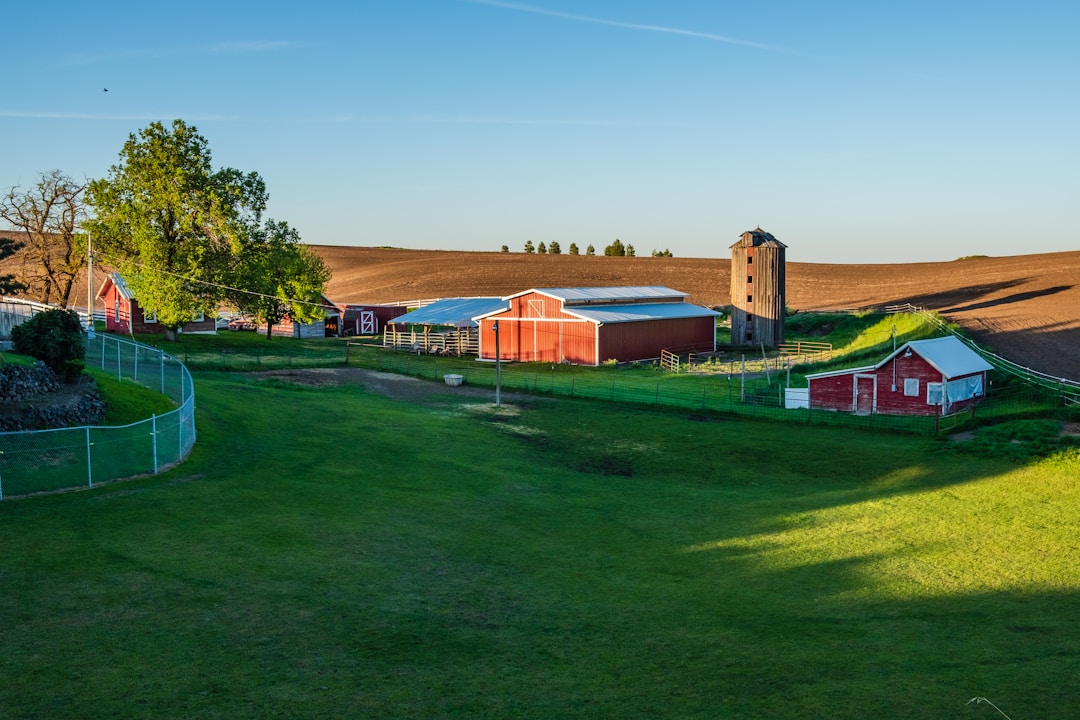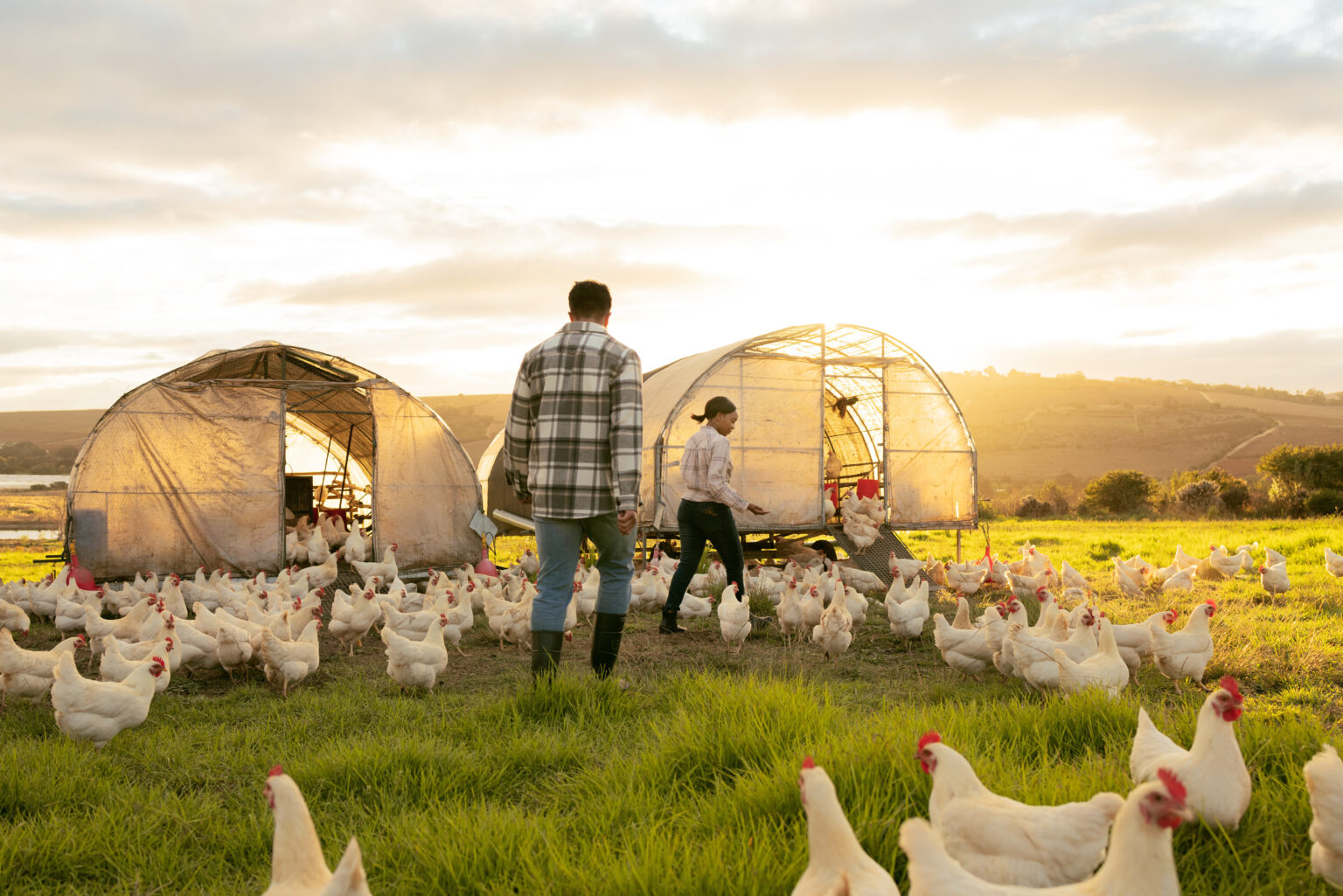Your Guide To Starting a Commercial Farm
Embarking on a commercial farming venture is no small endeavour. It requires careful planning, a deep understanding of agricultural practices, and a willingness to navigate a complex market environment. Aspiring farmers need to consider factors such as land acquisition, equipment needs, and the types of crops or livestock that will be the focus of their operations. Keep reading for a detailed guide on launching a successful commercial farm.
Essential Considerations Before Starting a Commercial Farm

Before diving into the world of farming, one must assess goals and resources. Are you aiming to cultivate organic produce, raise livestock, or grow specialty crops? Your decision will shape the type of land you need, the equipment required, and the staffing or expertise you’ll need to onboard. It’s critical to conduct market research to ensure there’s a demand for what you plan to farm.
An initial financial analysis is also vital, which includes calculating the cost of land, infrastructure, machinery, and ongoing operational expenses. Many new farmers underestimate the capital needed to get started and keep the farm running until it becomes profitable. It may be beneficial to consult with experienced farmers or agricultural advisors early in the planning stage.
Location is another key factor to weigh meticulously. The climate, soil type, and proximity to markets are all important considerations that can greatly influence a farm’s productivity and profitability. Understanding the local farming community can also provide opportunities for collaboration and mutual support.
Moreover, adequate storage facilities, barns, industrial buildings, and processing rooms are just as crucial as the fields themselves, protecting investments from the elements and helping to streamline operations. It takes a consideration of building codes, resources, and needs, among other things. Depending on where you are located, you might search for “agricultural construction Saskatchewan,” for example, to find expert contractors in your area.
Planning Your Commercial Farming Operation

The planning stage of commercial farming morphs aspiration into concrete steps. Start with a comprehensive business plan that outlines your vision, objectives, and the strategies you’ll employ to realize them. This plan will be essential for securing funding, as lenders will want to see a solid and viable plan before committing resources.
Purchase decisions should be made with both current and future needs in mind. This involves choosing quality, reliable machinery and deciding whether to buy or lease land. Additionally, investing in sustainable practices from the outset could save you money in the long term and make your farm more attractive to environmentally conscious consumers.
Successful farming also relies on effective labour management. Whether you plan to work solo, hire a small team, or employ seasonal workers, you should outline your labour needs and consider any training or certifications that might be necessary for the workforce.
It’s equally important to establish relationships with suppliers, from a seed provider to a trusted gasoline and diesel fuel supplier, long before your first season starts. Securing favourable terms and ensuring the timely delivery of critical supplies can make all the difference during peak farming periods. Based on your location, for example, you might search for “fuel supplier in Manitoba” to find a quality vendor in your area.
Understanding Commercial Farming Regulations and Compliance
Farming is not just about tilling the land; it’s a regulated business that requires compliance with numerous laws and policies. At the national and local levels, regulations that affect farming operations include environmental laws, health and safety standards, and labour practices. It is mandatory to keep abreast of these regulations and incorporate them into your farm planning.
Food safety is particularly paramount, as the handling, processing, and packaging of produce are subject to strict standards. Depending on the nature of your farm, you may need to apply for certifications, like organic or humane treatment labels, which have their own set of compliance requirements but can provide a competitive edge in the marketplace.
Tax considerations cannot be overstated. There are numerous agricultural tax exemptions and credits available, but they come with specific qualifications and documentation requirements. Consulting with a tax professional who has expertise in agricultural businesses can help navigate this complex landscape.
Insurance is another critical component of your compliance strategy to protect your assets and operations against unforeseen events. Customize your insurance portfolio to cover crops, livestock, equipment, and potential business interruptions. Doing so will safeguard your investment and provide peace of mind.
Overall, starting and managing a commercial farm is a challenging but potentially rewarding venture. It requires a blend of strategic planning, compliance with regulations, and robust management practices. By approaching these areas thoughtfully and diligently, aspiring farmers can pave the way for a bountiful and prosperous agricultural business.





